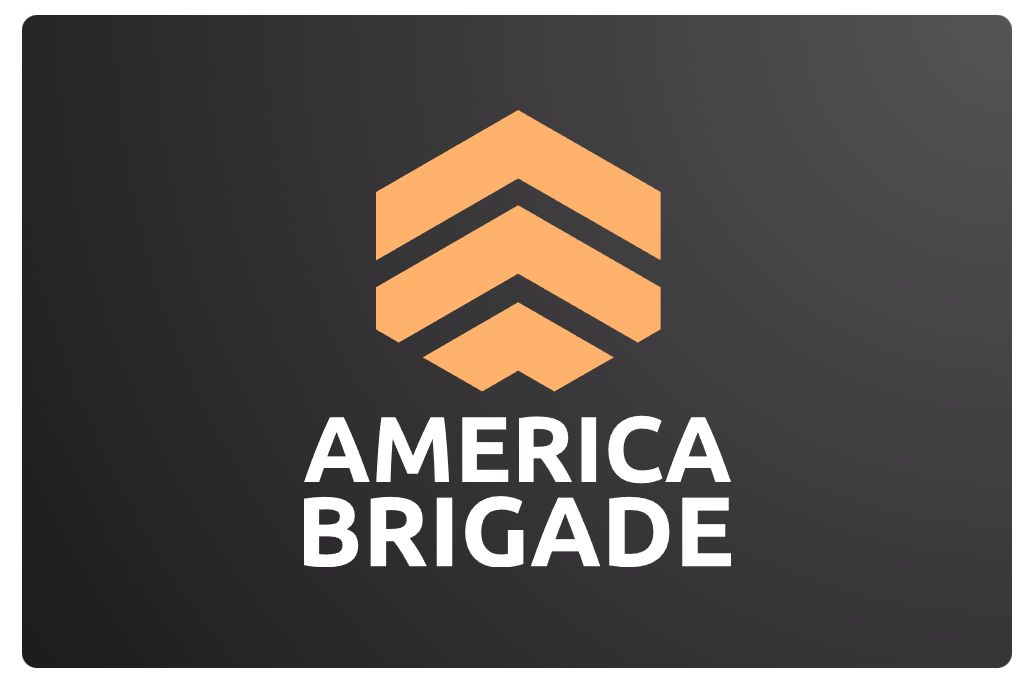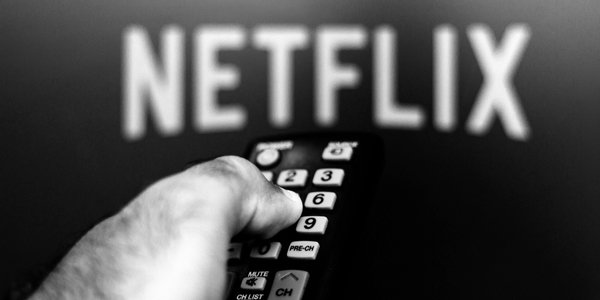IN Tom Wolfe’s The Bonfire of the Vanities, the idea of the ‘Great White Defendant’ was coined. Here, in order to salvage the white guilt of liberal minds in the New York Justice Department (whereby there was concern over the system ‘pack[ing] blacks and Latins off to jail’, which resembled those groups’ ‘eternal prosecution’) they would hunt for a prominent and rich white person to charge in order to create a seeming balance, eventually settling for the ‘waspy guy’ of Sherman McCoy.
If Netflix’s recent hit Adolescence is anything to go by, when the establishment can’t find such a Great White Defendant in the real world, they will happily create one out of thin air.
In all seriousness, despite its critical lauding, high viewership figures and inevitable clean sweeps at award shows down the line, Adolescence is not one I could seriously recommend, either on an artistic level or, more concerningly, a political one. Anymore than John Ellwood could.
For the former, I am personally not a fan of the show’s particular style. Its relentlessly bleak and downbeat view of the world, especially with a lack of likeable characters and an often uncompelling narrative, makes the show a complete bore and leads one to question why watch it in the first place. Its ‘deep dive’ into why people kill are cliched and underwritten, focusing on bullied and lonely childhoods which seem unoriginal in a filmic way, as opposed to a grounded and serious one.
Overall, its wholly dreary and serious tone makes it hard to watch and often echoes the worst sort of kitchen sink realism, which as film critic Chris Tookey once noted concerning the film Tyrannosaur, ‘[w]hen realism is this relentlessly dour, it ceases to be realistic’. In fact, the show is so Hobbesian in its worldview – of life only being ‘solitary, poor, nasty, brutish and short’ – that I’m genuinely surprised Darren Aronofsky wasn’t involved.
However, these problems are carried over into the political messaging as well, especially against certain groups.
This is because the show is one of the wokest to come in recent years, with the subtext being pretty obvious if you know what to look for. The show’s setting is unclear, with accents being all over the place, from London to Scouse to Yorkshire. What is definite is that the area is, as Peter Hitchens once dubbed, ‘multicultural Blairtown’, especially when it comes to both the diversity of the local area’s public sector and police force, who in the show are shown mainly through its leads on the case, one being a black man and a white woman girlboss, of course. Meanwhile, there are other signs too, most notably in the second episode’s secondary school, whereby signs concerning equality and Pride lanyards were highlighted (although the former could have been in the school anyway).
However, it’s the show’s general conceit that is the main issue here.
In short, the show concerns a murder carried out against a young teenage girl by a 13-year-old white boy on the grounds that beyond being bullied, he is an incel who is involved in both the red pill movement and watching too much ‘Andrew Tate sh*te’, as one character describes it. This is meant to reflect the growing issue of misogyny in the real world, and that social media censorship is needed urgently as a result.
On top of this, the show suggests it’s both masculinity and white men in general that are the problem. For the latter, characters who fit the description vary: students who bully black children for no apparent reason; weirdos who share conspiracy theories about famous murders; incompetent security guys who are sneered at by girlboss psychologists (who seem to have come from the Longhouse); unhinged fathers; and psychopathic teenagers who as punishment for their background deserve to be beaten up by black friends of the murdered teenager, with no repercussion at all. For the former, speeches concerning the issues with manhood are layered on thick, especially in Stephen Graham’s final monologue, whereby he implies that his wife would have raised the child better, as opposed to him or his grandfather, who used to beat graham’s character with a belt.
Needless to say, there are many problems with this narrative, not least of all the wholly wrong misdiagnosis. Indeed, there is increasing misogyny in Britain, but it isn’t being carried out by young indigenous incel teenagers. Between 2021 and 2023, there were over half a million sexual offences recorded by the police, with 87 nationalities having a higher rate of conviction than native Brits (with only 3.1 per cent of all offences being recorded, by the way). In this same period, foreign nationals were convicted of anywhere between 15 to 23 per cent of all sex crimes. On top of this, 59 nationalities in this period had a higher conviction rate of violent crimes than native Brits also. This isn’t to demonise all foreigners of course, but it is to say this: the show would have been far more realistic if it had a white man from Moldova be that character than a young British teen.
Instead, the show creates a mythical problem concerning young boys watching influencer Andrew Tate and the ‘manosphere’, and becoming violent incel murderers from that.
Now, I’m no fan of Tate at all – a genuine misogynist, whose violent behaviour and lingering sex trafficking allegations follow him, on whom (for those who don’t know) YouTuber Daz Black has done a great breakdown. However, I can tell when someone is disliking a person for the wrong reasons, especially from amongst this current establishment. The same establishment that’s happily turned a blind eye on both sides of the Atlantic to serious abuse in their realms, including what look to be, the UK, desperate attempts to prevent the grooming gangs scandal from being fully investigated as a matter of national concern as well as a localised issue.
The reason that the establishment so dislike Tate is because he is doesn’t treat young men like dirt and suggests ideals that they can work towards. This isn’t meant to praise him but rather serve as a condemnation of a society very willing to let men become second-class citizens and fails to provide positive male role models to compensate.
Beyond all this, the series serves as genuine gaslighting at its finest. Would Netflix consider making a show about a young Muslim boy being radicalised on the internet by Anjem Choudary? Would they make a show about how climate change alarmism has inspired two attempted eco-terrorists in Britain, including one who wanted to kill 50 MPs? Or would they make one that concerned genuine cases of vile misogyny in Britain, such as that of the grooming gang epidemic? Fat chance. They simply don’t fit the ‘proper’ narratives.
It does seem that much of the promotion and pushing of this show seems astroturfed and forced in order to push a political agenda. The show was raised in both the UK and Irish Parliaments (with Keir Starmer perhaps using a Freudian slip by calling it a ‘documentary’), and its creators have consistently called for teaching the show in schools, all the while advocating banning social media for young children, in a way they would never do for the BBC show Three Girls. The show’s agenda and of its creators is obvious: push this show (partially funded by the State as well), manipulate the masses into agreeing with its messaging then play it in schools for white boys, whom it demonises, to feel guilty and to never get above their station – to accept their place in this society at the bottom of the scrap heap while the Establishment keeps pretending that men still have all the power.











